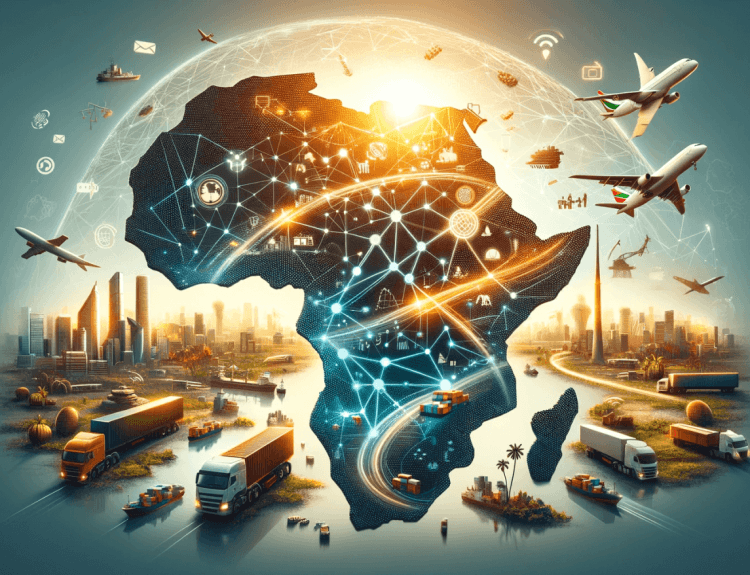Africa: Artificial Intelligence (AI) as a Driver of Transformation and Challenges to Overcome
Artificial Intelligence (AI) offers unlimited potential to transform life in Africa, just as in other regions of the world. While its ability to simulate human thought and communication generates both excitement and concern, it is essential to explore how AI can become a valuable resource for the continent.
A prominent example of this innovation is Flood Hub, a tool developed by Google's research center in Africa, located in Ghana. This application has recently demonstrated its effectiveness in accurately predicting floods in the Western Cape province in South Africa. Flood Hub is now capable of issuing alerts to populations in 23 African countries and beyond, highlighting the crucial role of AI in disaster preparedness.
In the agricultural sector, small farmers in rural areas are also benefiting from AI-based technologies. Applications such as PlantVillage help farmers quickly detect plant diseases, thus strengthening their resilience against pests and the impacts of climate change. These digital tools have become key allies in improving agricultural yields and food security on the continent.
Africa: Challenges and Opportunities in the Adoption of Artificial Intelligence (AI)
However, despite these promising advancements, Africa faces obstacles that limit the adoption and benefits of AI compared to northern countries. According to a report from Research ICT Africa, it is crucial to have an environment that fosters innovation, including solid regulatory frameworks to mitigate the risks associated with AI. Philip Thigo, Kenya's special envoy for technology, highlights the importance of seizing AI opportunities while ensuring security and inclusion.
Thigo advocates for a trustworthy digital future, emphasizing that emerging technologies must transcend mere media hype. He urges for the design and deployment of AI that considers digital abuses and misinformation.
Despite the optimism, experts like Landry Signé, co-chair of the World Economic Forum Regional Action Group, warn that Africa lags behind in investment and regulation. Signé emphasizes the need to focus efforts on harnessing the transformative potential of AI, rather than being paralyzed by excessive concern over risks.
In June 2024, a historic milestone was reached with the unanimous approval by African ICT ministers of a continental AI strategy and the African Digital Pact, aimed at accelerating digital transformation. This initiative includes substantial investments in African youth and innovators, seeking to position the continent as a key player in the global AI field.
The future of AI in Africa will depend on its ability to balance regulation and innovation, ensuring that this technology brings promises of progress while avoiding potential pitfalls. Africa has all the resources needed to turn its challenges into opportunities through artificial intelligence.
Article source:africanews






